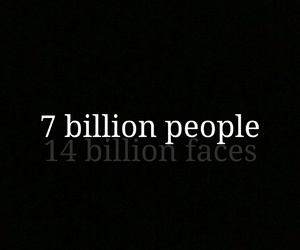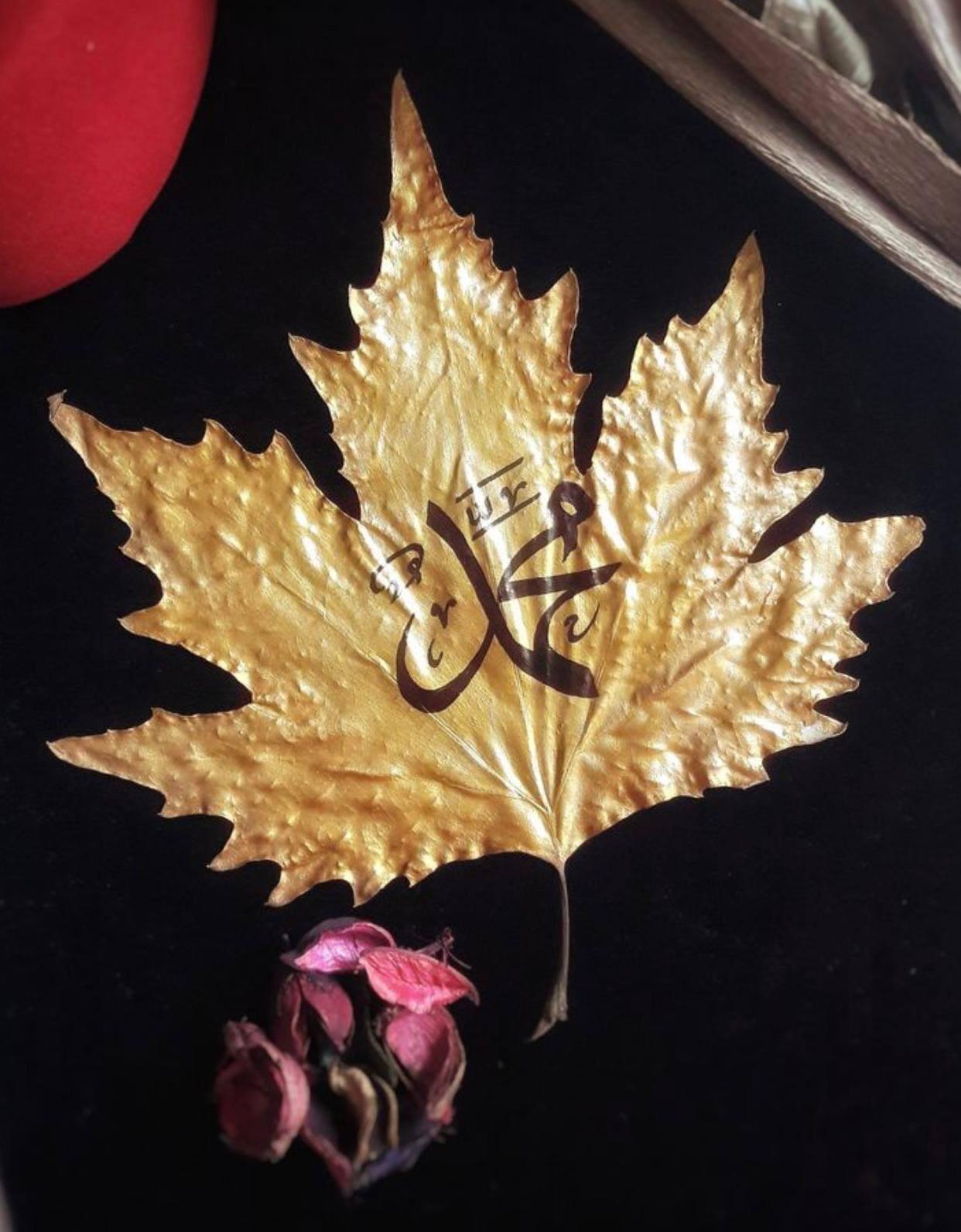Tabligh ya Tafreeq? Preaching or Parting?
The following is not intended to offend anyone; please read with an open heart and mind!
The word Da’wah means “to call” and Tabligh means “to convey/relay.” To call to Allah and relay Allah’s deen. The deen which Allah has sent we should pass it on to others in whatever way we can. A scholar of deen (an Alim) will do this in a different way to the layman, there are different methods, no doubt. Since the last 1,400 years, both Da’wah and Tabligh have been continuing with full force. For anyone to say the work stopped, it would be an insult to all those people who tirelessly sacrificed their time and energy to spread Allah’s religion in previous times. If the work of Da’wah had stopped, then how would Islam have reached us today?
It is a known fact that the methodology of Da’wah and Tabligh has changed somewhat over the last few centuries.
The Imam who stands on the mimbar on a Jumu’ah and gives a lecture to the community, IS DA’WAH.
The Shaykh who give a Dars on Qur’an after Salah IS DA’WAH.
The Mawlana who gives lessons on Hadith in a Madrasah IS DA’WAH.
The Ustadh who teaches students in Darul Ulooms IS DA’WAH.
The author who writes Islamic books to educate people IS DA’WAH.
The Mufti who authorises fatwas on Halal/Haram IS DA’WAH.
And… those who spend their time in the path of Allah, knocking on houses going door to door and invite people to Allah IS ALSO DA’WAH.
We cannot deny that any of these are all different forms of Da’wah, we should all work together and praise each other and complement one another for the work we do and others do. But what seems to be happening is the opposite, people are comparing and criticising each other. Some are saying, “Our work of deen is the only work of deen!” This may be classed as “tahreef” in deen. Tahreef is to change the deen of Allah SWT. I am not a great Alim, but we need to ask the Muftis, “What is the ruling on people who say, teaching Madrasah is not deen. Giving a bayan in the Masjid is not deen.” Is it Halal or Haram? Is it Kufr?
Did Imam Bukhari (Allah have mercy on him) not do Tabligh? Imam Bukhari (Allah have mercy on him) gathered 600,000 – 700,000 hadith, out of which 100,000 were sahih. He then compiled approximately 7,000 Hadith in his famous book. He had 90,000 students that he taught, these students weren’t part-timers like the students of today. They were all Muhaddiths and great scholars.
Did Imam Abu Hanifah (Allah have mercy on him) not do Tabligh?
Did Shaykh Abdul Qadir Jilani (Allah have mercy on him) not do Tabligh?
All of these pious individuals lived long before Mawlana Ilyas (Allah have mercy on him). Tablighi Jamat has only been around for 100 years.
We must understand everyone is spreading the deen of Allah in their own way, as long as their belief and aqeedah is correct. If we cannot understand this, then this is a sign of a lack of sincerity. Because you can’t see others doing the work of deen. This is all from Shaytan, because Shaytan knows if we are united and support each other in the work of deen, we will become strong like the Sahabah (Allah be pleased with them) and deen will flourish. In the time of the Sahabah (Allah be pleased with them), they carried out all the works of deen, hence you did not see different sects and groups. But nowadays, it is sad to see different groups of Muslims criticising and taunting each other, one is thinking they are better than the other. Some saying our work is the only work, then looking at Ulama and scholars of deen as inferior. La Hawla Wa La Quwwata Illa Billah!
The ‘Wah-dahu La Shareeka Laho’ Attitude – Being the Whole and Sole
It is sad and deploring that many of our Muslims brothers and sisters constantly mock the rest of us who don’t tread the path they take, who don’t go out for three days every month and forty days every year, I am talking about the brothers and sisters who participate in Tabligh and Jamat.
Let me start with my own experience, many years ago I used to deliver Jumu’ah talks in my local Masjid. I must have delivered around a dozen talks after I graduated from Darul Uloom – Alhumdu Lillah! One of those talks was titled, “Save Yourself and Your Family!” I think judging by the title it was self-explanatory. It is actually a verse of the Qur’an, where Allah tells us to worry about ourselves and our families and save ourselves from the fire of Hell. A few points I mentioned in my talk
Focus on your sins, not your neighbours or relatives e.g. His daughter is sleeping with a White boy. Her son is a drug dealer or alcoholic etc.
Allah will not ask you about Muslims in China or Brazil i.e. worry about your own Iman.
Make constant tawbah, learn to quit sins, do more and more good deeds – new deeds.
Anything wrong with the above? I swear by Allah in the heavens! I did not target any group or sect or any single person. It was a general Bayan… that evening I was approached by the sovereign and supreme committee, who said to me, I was no longer allowed to deliver talks in the Masjid.
Good grief! Had I uttered Kufr? Offended someone? Or instigated terrorism? No, it was far worse than any criminal offence, I had hurt the egos of the brothers of Tabligh Jamat. It transpired that many brothers had been approached by the Tjs, asking why I had done such a horrific talk, they had never heard such a talk. Maybe, that’s because they had never read the Qur’an? I wonder… Anyhow, I was banned, despite being told from senior Ulama in the Masjid, that I had said nothing wrong or incorrect Islamically. My lips were sealed. They stamped on my tongue. I was mute. The Tabligh brothers had gone to Her Majesty’s Committee (HMC) and complained and got me banned! They tried to wreck my Dunya, I will make them questionable in the hereafter. Not forgotten…
I wasn’t offended because I am Britain’s greatest orator. I was offended because I was doing good and khayr, but I was punished for a crime I hadn’t committed. I was banned for commentary on a verse of the Qur’an, I would love to know the ruling on such people. It was clearly the part about worrying about your own Iman and family, not being too concerned with the sins of others, that’s what offended them.
Till today, not a single Tablighi has approached me to clarify the matter, or even give me a chance to apologise (if I was wrong). Because they are cowards, shame on the mothers who gave birth to them. Alhumdu Lillah, I have the courage to address the issue and speak up.
But, that was only the tip of the iceberg. Since then things have turned for the worse. We have tried many times to work with these brothers as a community, as one Masjid. But it was like taking blood out of a stone, they would never compromise. It’s because they believe their work is the only way forward, “The work of the Prophets AS!”
Whose work are we doing as Ulama?
Those comments are the first signs of insincerity because you can’t see others do
Ayk Bano, Nayk Bano! Stay United, Stay Pious!
http://daruliftaa.com/blessed-effort-of-jamaah-al-tabligh
One of our respected Shaykhs, Hadhrat Mufti Taqi Usmani Saheb (may Allah preserve him), in a lecture, very passionately and sincerely highlighted the wrong practices adopted by some folks who participate in the organised effort of deen called, ‘Jama’ah Tabligh.’ He explained that there are many different efforts of serving the deen of Allah – such as teaching (ta’lim), conveying the message (da’wah & tabligh), reforming souls (tazkiyah), charity work, etc – and the objective of all such efforts is to please Allah Most High. They are all different forms of serving the deen of Allah. However, the problem arises when some people get involved in a particular type of effort, and then think that what they are involved in is the only ‘real’ effort; and all other efforts are either not the efforts of deen or even if they are, they don’t have much significance. This leads to deviation!
He particularly singled out those who become ‘extreme’ in the effort of Jamat Tabligh. Some of them – due to lack of knowledge – become so overzealous that they start disregarding all other efforts of deen such as teaching ilm, charity work, etc… If teachers and students of a Madrasah do not come out in their organised Tabligh effort, they think that they are not really doing the work of deen! He then cited an example where a Tablighi brother told his old mother and wife that, “I do not have time to earn and provide for you, you earn and feed the family; I need to go out for Tabligh!” This, he explained, is not what Allah wants from us. In Islam, our family also has a right over us, and one should do what is required at the given time. This is not what the ‘elders’ of Tabligh have taught, he explained.
He said that such people become so fanatical that if any scholar was to give them sincere advice (nasihah) out of love and genuine concern, they become extremely defensive and say things like, “You are anti-Tabligh” and “How dare you point out our mistake” and “The mistakes of one or two should not be taken to mean the whole effort is flawed” and “The Tablighis do great work” etc… but when did anyone say the whole work is flawed, and when did anyone deny the value of the effort?! It seems they just do not want to hear anyone correcting their mistakes!
Finally, he said, the effort of Jamat Tabligh is very beneficial, which has spread the message of Islam to far and distant lands. We encourage people, especially the general masses, to participate in this effort. However, the mistakes must be pointed out. If such extremism is not avoided, it may lead this whole effort into becoming some kind of a cult! Avoid such extremism, and save others from it!
[End of Shaykh al-Islam Mufti Taqi Usmani’s statement in my own words]
I would like to add that what the respected Shaykh has said was long overdue. In my limited experience, the amount (literally in the hundreds) of irresponsible and flawed statements made by ‘some’ of our Jamat Tabligh brothers is astonishing. For example, one brother said, “We are the only saved sect of the 73 mentioned by the Prophet!” Another said, “Seeking knowledge (ilm) is of no benefit if you don’t go out in Tabligh!” One friend said to me, “I was once in I’tikaf and a brother in the Jama’ah said in his talk that we were wasting our time and should be out there!” A sister narrated, her father got told, “You can only go Jannah through Tabligh!” (La hawla wa la quwwa…..] This is the type of extremism and sectarianism that people like Shaykh Taqi Usmani and others fear!
Da’wah or
Division and Destruction?
It seems
like the problem is not just within the brothers of Tabligh, many sisters
complain about their husbands being forced to go Jamat. Tablighis pushing a
father to go forty days even though they are aware the wife is due to give
birth very soon, (heard this many times).
Forcing someone to go forty days despite being told wife was recovering from a tough birth and also had another small toddler. The annual forty days were not due for another 6 months, but still they were persuaded. If they say no, the elders of Tabligh say, we have six children and you only have two!
It is common in Tablighi circles for mothers to look down on other mothers whose children do not go to Islamic School/Darul Uooms. Ever thought they might be struggling with the fees?
Women/Alimahs teaching at home being told they need permission from headquarters/markaz. Men teaching madrasah were told leave maktab and go for forty days. The madrasah will run without you. Despite repeatedly being told the madrasah was short staffed.
Again, these are all signs of not understanding deen fully, but overzealous about Tabligh! Tabligh! Tabligh!
We need to realise that there are different methods of serving the deen of Allah. Some people are involved in teaching children Qur’an and basics of deen, some in teaching advanced sciences like tafsir, hadith and fiqh, others in doing charity work, some spending their night and day answering people’s questions and writing fatwas, some spending their whole time authoring beneficial books, and some in lecturing and advising people on how to reform their souls. These are all works of deen,
It is true that this type of extremist mentality is found in other groups too. However, it seems that it is more prevalent within the Tabligh Jamat. This is due to two reasons:
1) Lack of knowledge
2) The excessive number of people participating in the effort. Whenever there are more people, the risk of making mistakes is greater.
The above is not to offend anyone. It is written out of genuine concern and sincerity, InshaAllah. People are encouraged to participate in this very beneficial and blessed work to rectify themselves and preach to others. The effort of Jamat at-Tabligh is a very blessed effort, full of Barakah and blessings; and very effective in bringing people to Islam. It has changed the lives of many, and scores of people have benefitted from going out in the path of Allah. No one is denying that, and no one is castigating the group as a whole! But for the sake of Allah, do not make this beautiful work into some kind of cult, where you think this is the only real effort of deen, and everyone else is wasting their time. Furthermore, this should not be used as an excuse to not participate in this effort or look down upon those who do participate. Those who make such mistakes should be explained in a loving manner, with lots of dua’ for them in sha Allah.
Allah protect us and give us the correct understanding of
Ismail Ibn Nazir Satia (one who is in dire need of Allah’s forgiveness, mercy and pleasure)









 *Israaf*
*Israaf* *Wedding pictures*
*Wedding pictures* *Music*
*Music* *Tabarruj*
*Tabarruj* *Inviting only the rich*
*Inviting only the rich* *Ar-riyaa*
*Ar-riyaa* *Imitating the kuffar*
*Imitating the kuffar* BarakAllahu feeh
BarakAllahu feeh